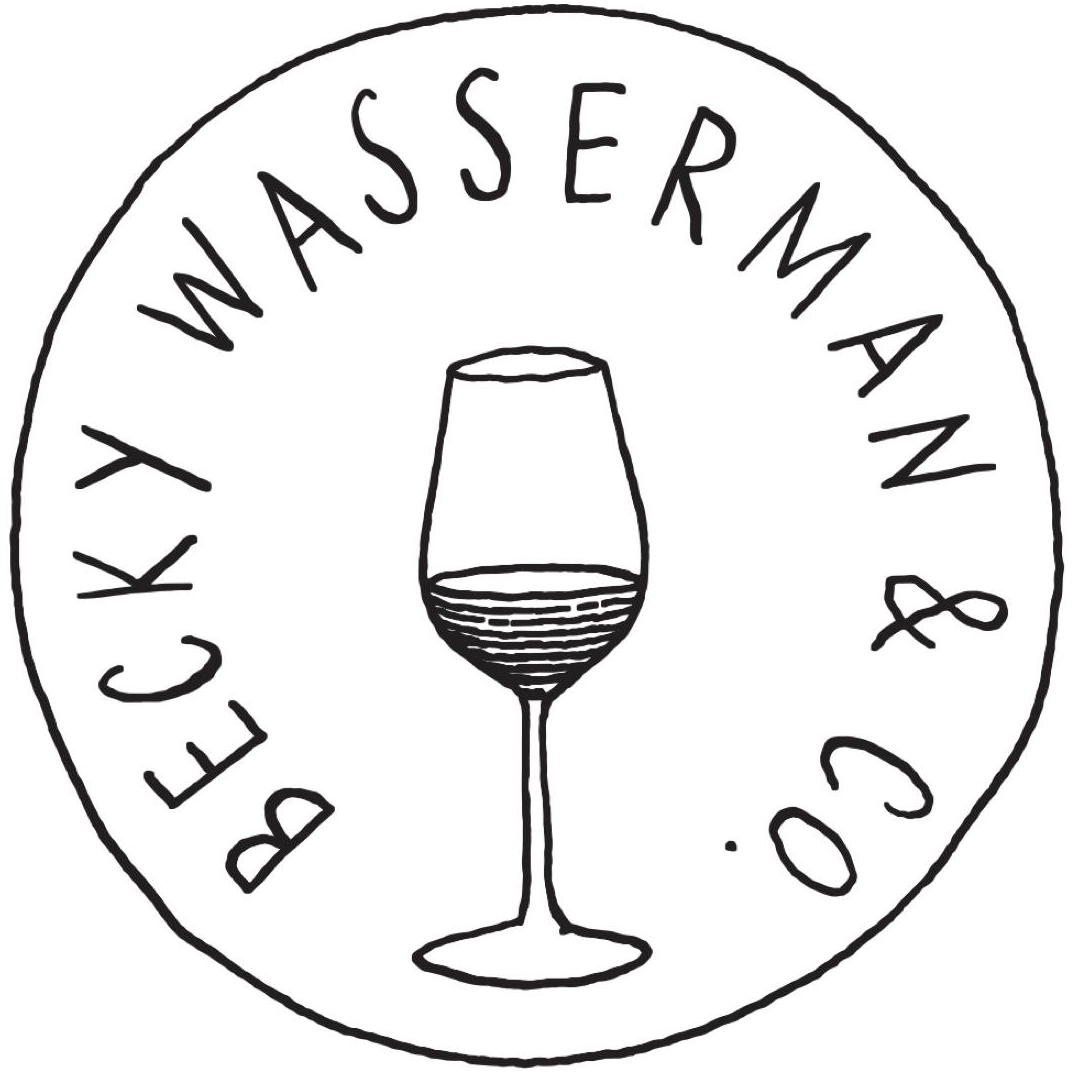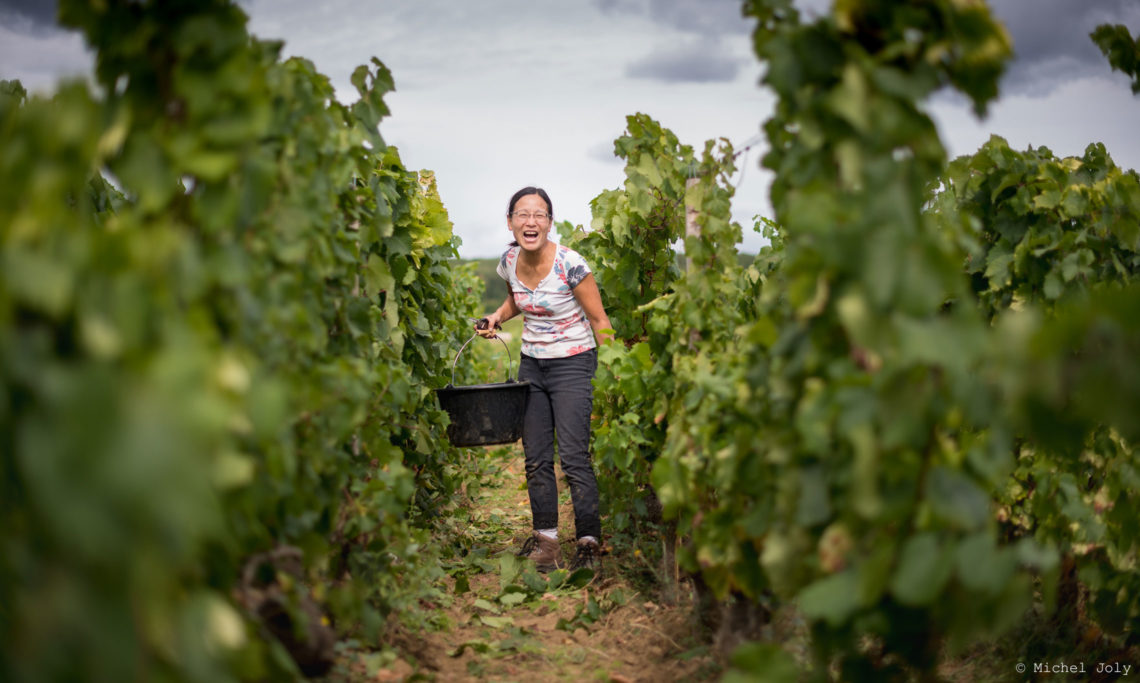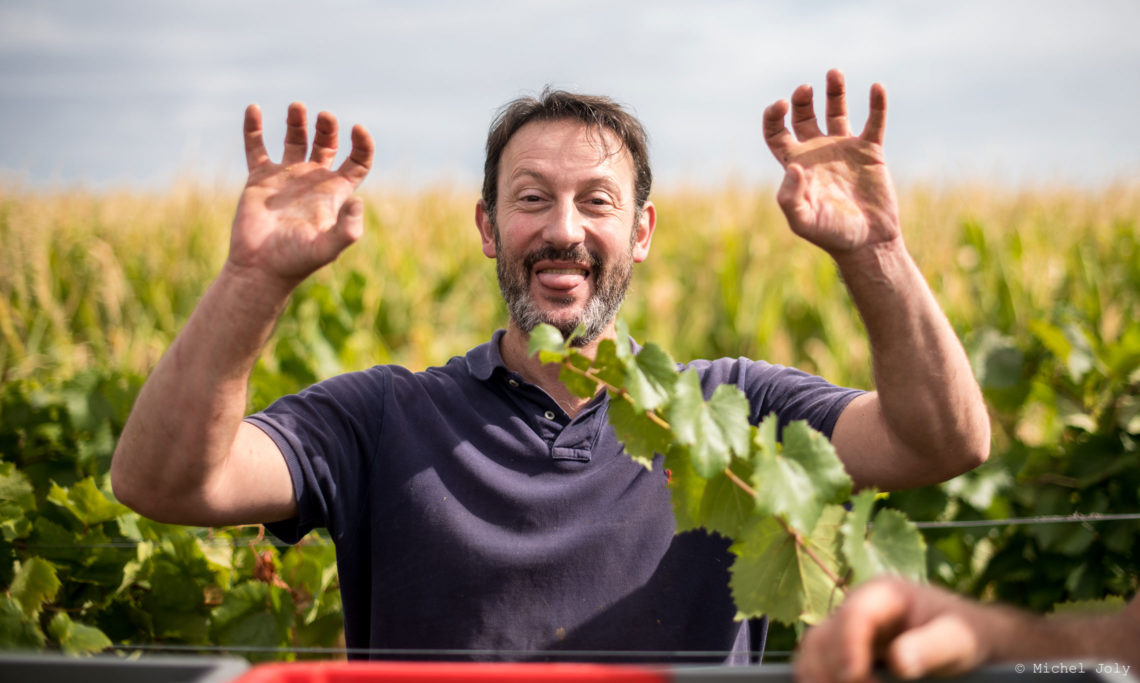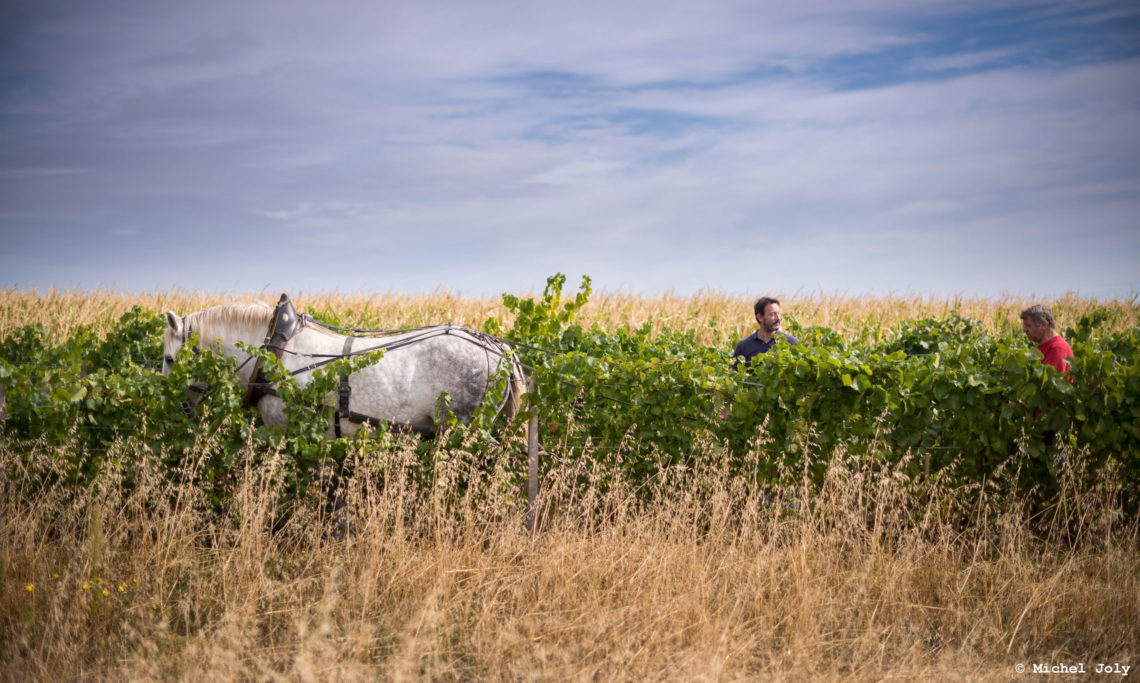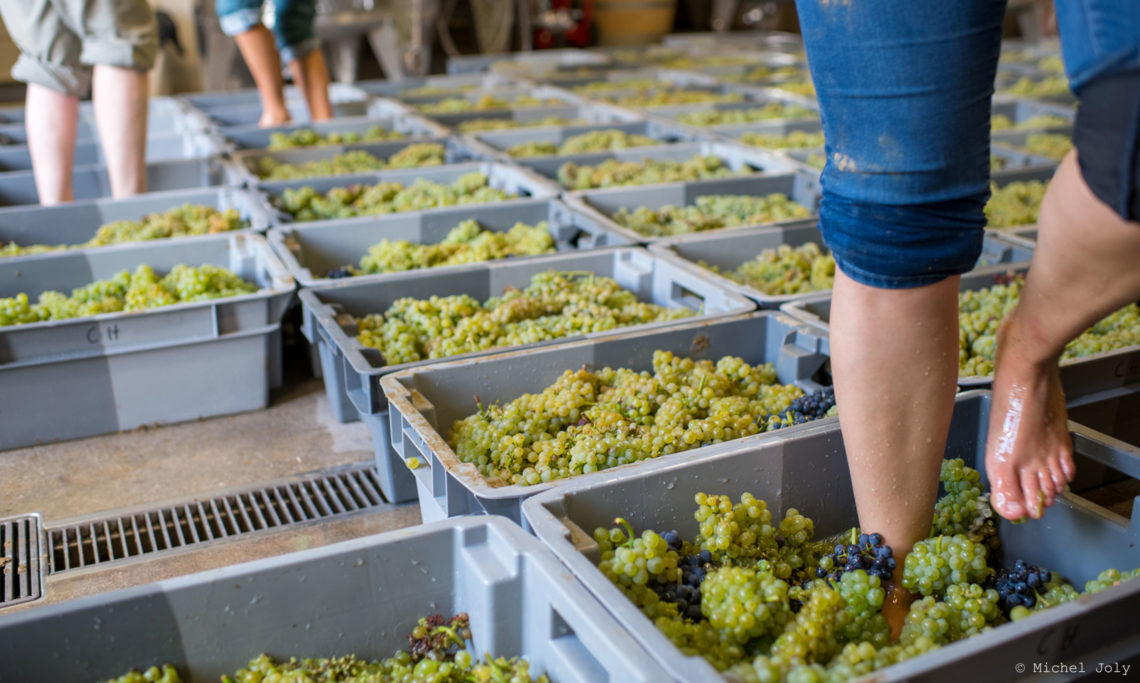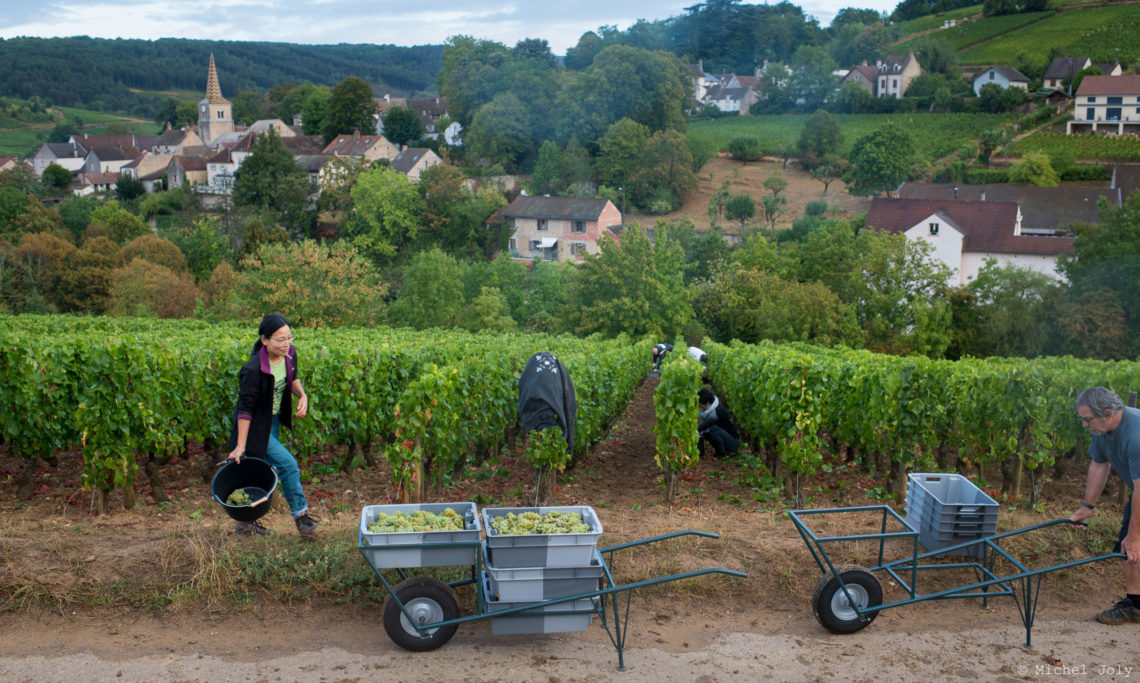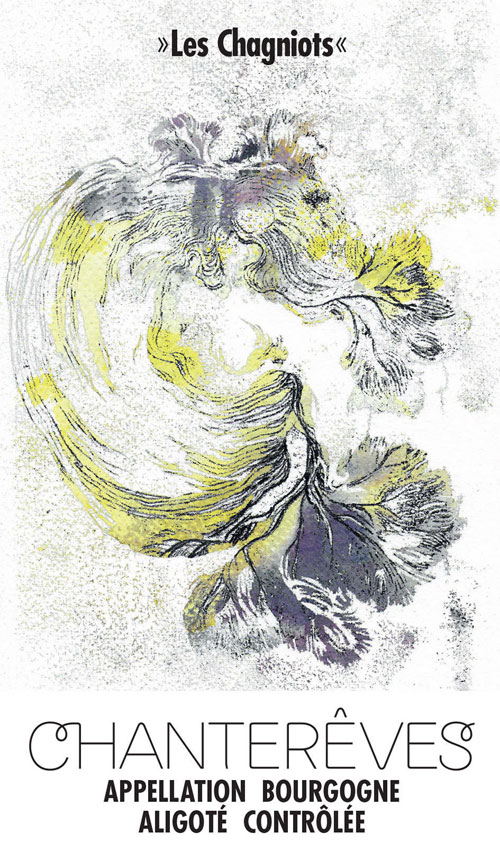Domaine Profile
- Location: Savigny-lès-Beaune, Côte de Beaune, Burgundy
- Varieties: Pinot Noir, Chardonnay, Aligoté
- Viticulture: Their own vineyards are farmed organically, with biodynamic methods (not certified) and phytotherapy (see below). Purchased grapes may be sustainable, organic or biodynamic.
- Vinification (whites): Grapes are crushed, long (6-hour) press cycle, ambient yeast fermentation with a pied de cuve, aged 12 months in 228L and 600L barrels (very little new oak), no fining, occasional light filtration, minimal SO2 addition only if needed during aging and before bottling.
- Vinification (reds): 100% whole-cluster since 2014, ambient yeast fermentation in wooden vats with a pied de cuve, daily pump-overs with buckets, limited foot punch-downs at the end of cuvasion. Fermentation finished in stainless steel tanks. Malolactic fermentation during the cuvaison or immediately after pressing. Aged 12 months in used oak barrels, racked and aged on the lees another 12 months in stainless steel tanks. No fining, no filtration, minimal SO2 addition at harvest (15-20 ppm), then only if needed during aging and before bottling.
Domaine Viticulture
2020 marked an exciting pivot for Tomoko and Guillaume, as they acquired several plots with incredible potential, mostly in the Hautes Côtes de Beaune. They farm these vineyards organically, using phytotherapy approaches researched and recommended by Eric Petiot, a pioneering plant scientist based in Lausanne.
For the Aligoté and Pinot Noir, minimal copper is used against downy mildew and low fat milk against powdery mildew. Skim milk is actually is the most effective because the fat in whole milk clogs the nozzles of the sprayer. With Chardonnay, they must spray with a mix of sulfur rather than with milk, but they are able to minimize the sulfur dose by mixing in potassium bicarbonate.
In the Hautes Côtes, where the row width is 2.5m, they limit plowing to only around the vines with a lightweight caterpillar tractor. They, thus, leave 1.5m of permanent natural cover crop in the middle of the rows. The other vineyards are plowed by horse by Gilbert Simond, who is a master in his field. He is the most coveted horse plower of the Côte, hired by everyone from Domaine de Montille to Domaine Des Comtes Lafon. The soils are tilled from mid-April to mid-July only, with no tilling for the other 8 months of the year. In mid-July, after the last tilling, they manually sow a mix of 13 different perennial and annual plant species to de-compact the soil and build organic mass for better water retention, increased biodiversity and healthier soil composition. These seeds are all certified organic.
Wines
-
White
- Bourgogne Aligoté Bas Des Ees
- Bourgogne Aligoté Les Chagniots
- Bourgogne Aligoté Mainbey
- Bourgogne Aligoté Miarlons Du Bas
- Bourgogne Aligoté Les Monts De Fussey
- Bourgogne Blanc
- Maranges Blanc Vigne Blanche
- Santenay Blanc
- Bourgogne Hautes Côtes de Beaune Mainbey
- Bourgogne Hautes Côtes de Beaune Les Monts De Fussey
- Auxey Duresses Les Hautés
- Savigny Les Beaune Dessus De Montchenevoy
- Chassagne Montrachet 1er Cru Morgeot
- Corton Charlemagne
-
Red
